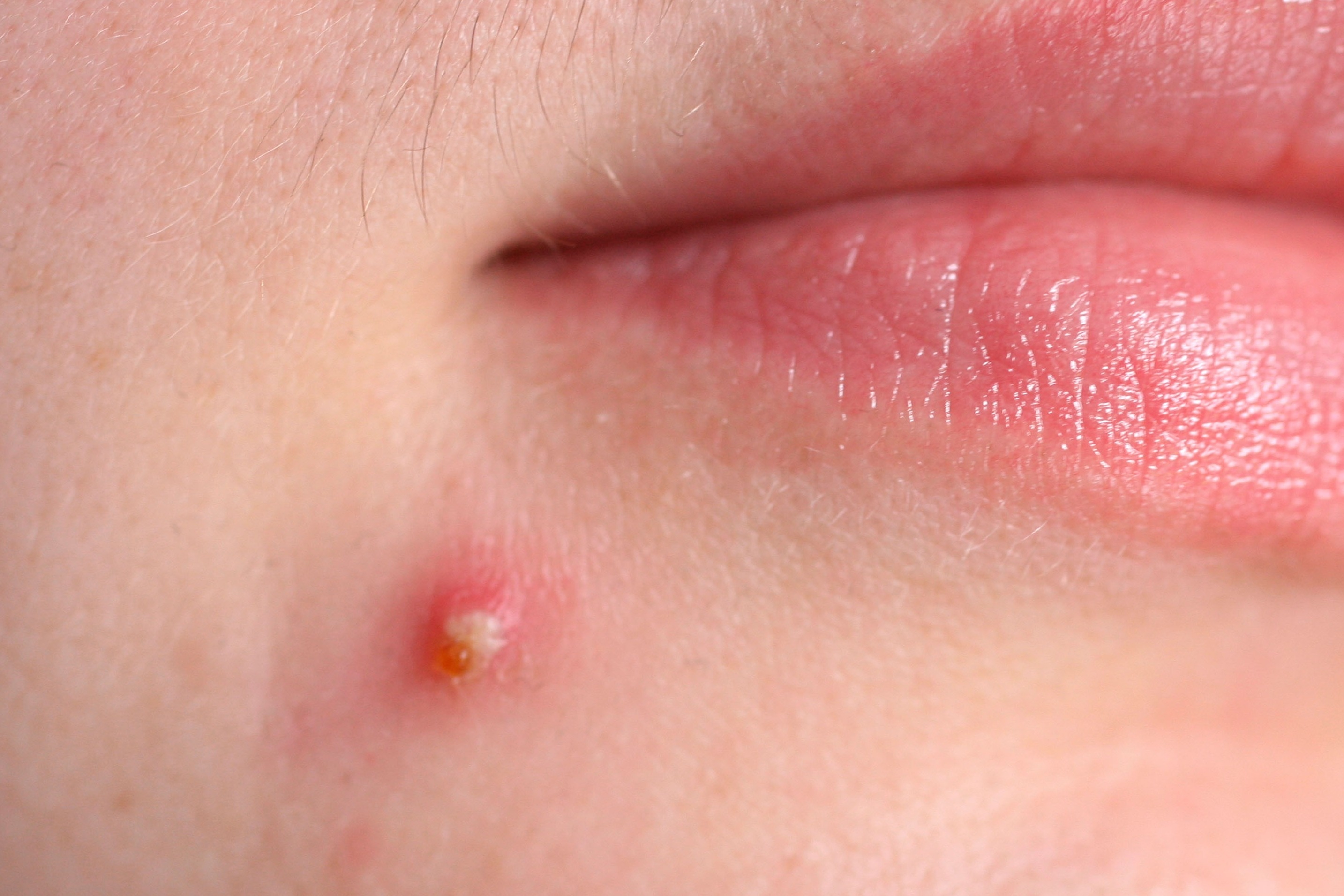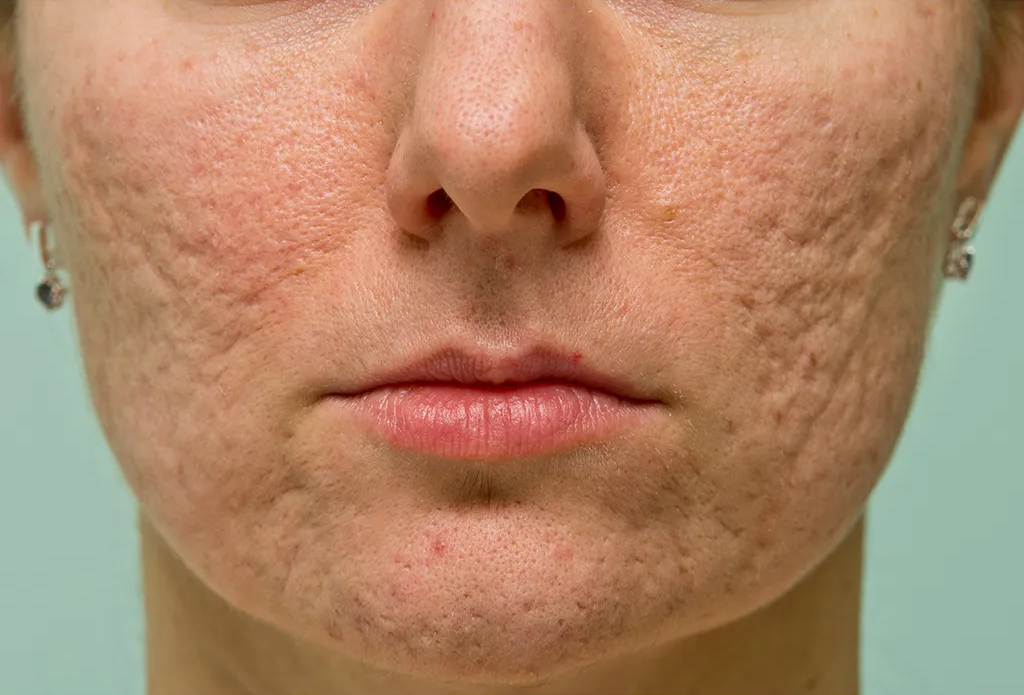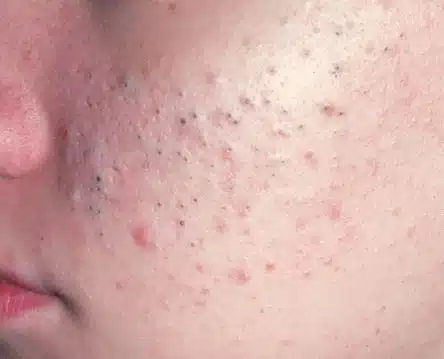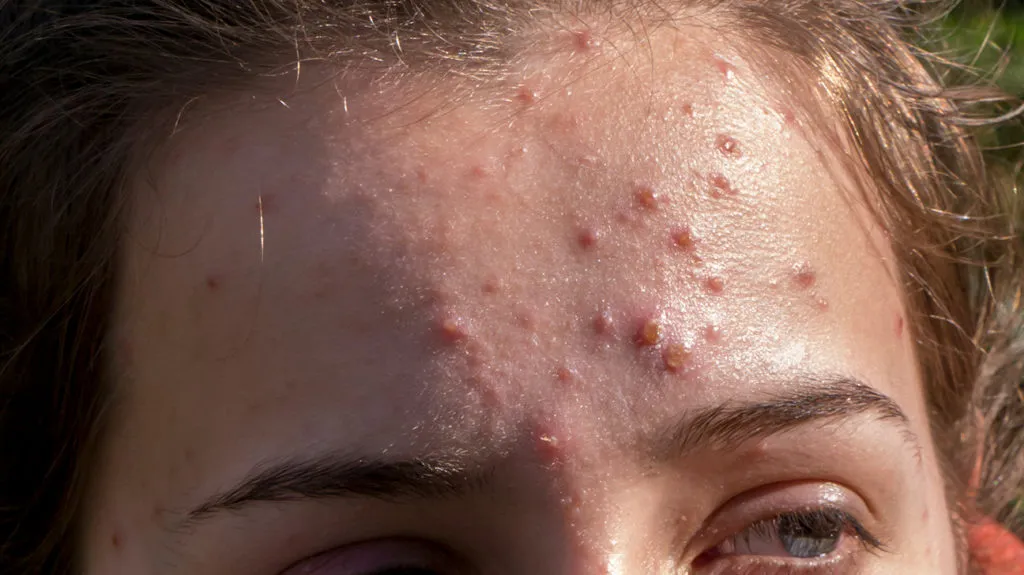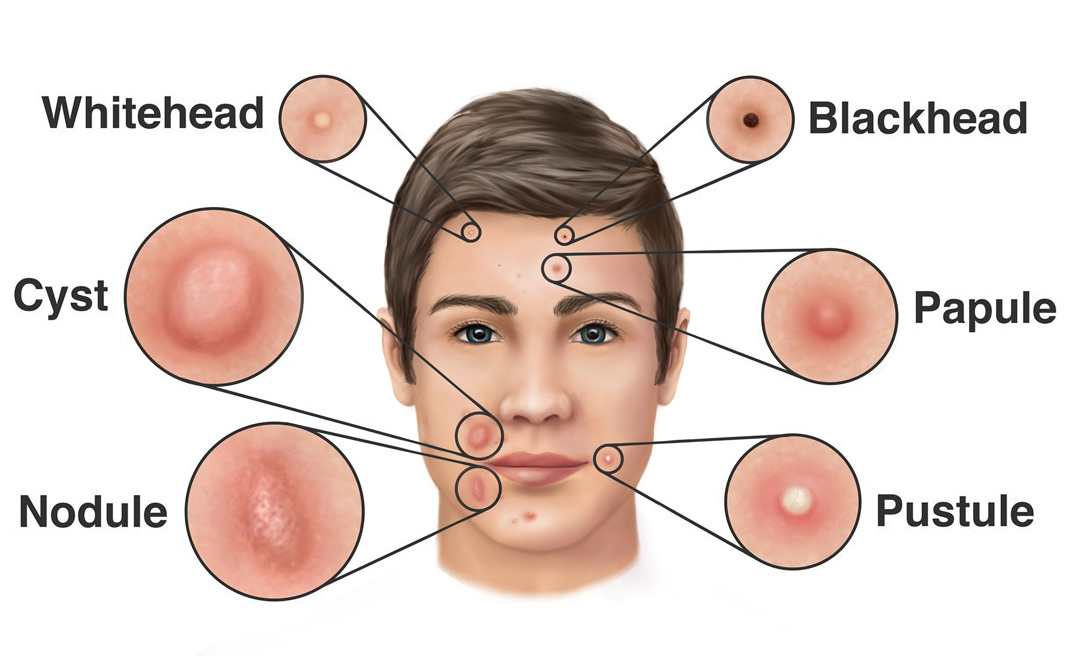316, Sakar 7 Near Nehrubridge Ashram road Ahmedabad


316, Sakar 7 Near Nehrubridge Ashram road Ahmedabad
Acne is a skin condition that occurs when your hair follicles become plugged with oil (Sebum—oil that helps keep skin from drying out) and dead skin cells. Whiteheads, blackheads, pimples, cysts, and nodules are all types of acne. It commonly occurs during puberty, when the sebaceous glands activate, but it can occur at any age. It is not dangerous, but it can leave skin scars.
Human skin has pores that connect to oil glands under the skin. Follicles connect the glands to the pores. Follicles are small sacs that produce and secrete liquid. The glands produce an oily liquidTrusted Source called sebum. Sebum carries dead skin cells through the follicles to the surface of the skin. A small hair grows through the follicle out of the skin. Pimples grow when these follicles get blocked, and oil builds up under the skin. Skin cells, sebum, and hair can clump together into a plug. This plug gets infected with bacteria, and swelling results. A pimple starts to develop when the plug begins to break down. Propionibacterium acnes (P. acnes) is the name of the bacteria that live on the skin and contributes to the infection of pimples. Research suggestsTrusted Source that the severity and frequency of acne depend on the strain of bacteria. Not all acne bacteria trigger pimples. One strain helps to keep the skin pimple-free.
A range of factors triggers acne, but the main cause is thought to be a rise in androgen levels. Androgen is a type of hormone, the levels of which rise when adolescence begins. In women, it gets converted into estrogen. Rising androgen levels cause the oil glands under the skin to grow. The enlarged gland produces more sebum. Excessive sebum can break down cellular walls in the pores, causing bacteria to grow.
Some studies suggestTrusted Source that genetic factors may increase the risk. Other causes include: 1. Some medications that contain androgen and lithium 2. Greasy cosmetics 3. Hormonal changes 4. Emotional stress 5. Menstruation
Researchers believe that you may be more likely to get acne if your parents had acne.
1. Diet. Some studies show that eating certain foods may make acne worse. Researchers are continuing to study the role of diet as a cause of acne. 2. Pressure from sports helmets, tight clothes, or backpacks. 3. Environmental irritants, such as pollution and high humidity. 4. Squeezing or picking at blemishes. 5. Scrubbing your skin too hard.
These are small bumps that may become inflamed (warm to the touch and painful).
These are open pores on your skin that contain excess oil and dead skin. It looks like there’s a speck of dirt or a dark spot in the bump. But irregular light reflection off the clogged follicle causes the dark spots.
These are bumps that remain closed by oil and dead skin. They’re white or yellowish in appearance.
These are rounded or unusually shaped masses. They may be deep in your skin, and they’re often painful
These are pus-filled pimples that look like whiteheads surrounded by discolored rings. Picking or scratching your pustules can cause scarring
These are pimples filled with a thick, yellow or white fluid composed of dead white blood cells, small pieces of tissue and bacteria (pus). Cysts can cause scars.
Any type of acne spot can lead to scarring, but it's more common when the most serious types of spots (nodules and cysts) burst and damage nearby skin. Scarring can also occur if you pick or squeeze your spots, so it's important not to do this. There are 3 main types of acne scars:
Small, deep holes in the surface of your skin that look like the skin has been punctured with a sharp object
Caused by bands of scar tissue that form under the skin, giving the surface of the skin a rolling and uneven appearance
Round or oval depressions, or craters, in the skin
